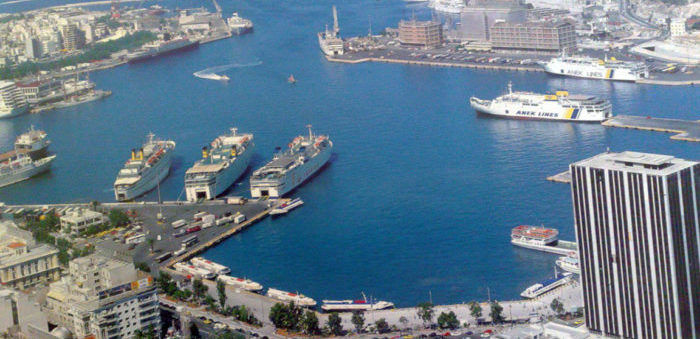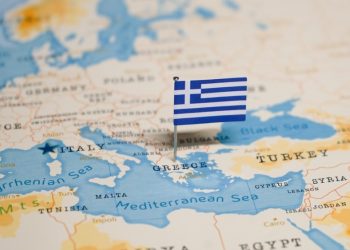Greece seeks to become a regional marine bunkering and distribution hub for LNG in the Eastern Mediterranean, in line with the EU co-funded “Poseidon Med II” project, according to Greek officials as quoted by Xinhua news agency.
The 53.3-million-euro project, initiated in June 2015 and due for conclusion in the end of 2020, offers a roadmap for the extensive adoption of LNG as a ship fuel in Greece, Italy and Cyprus with the participation of six ports: Venice in Italy, Piraeus, Patra, Iraklio and Igoumenitsa in Greece, and Limassol in Cyprus. It also involves the LNG terminal on Revythoussa island, off the Athens coast.
In late May, Greek Shipping Minister Panagiotis Kouroumplis presented the draft presidential decree that sets out for the first time the framework for the expansion of LNG use in Greece.
In view of this, Dimitris Spyrou, Strategic Planning and Marketing Consultant at Piraeus Port Authority (OLP), told Xinhua:
We are very satisfied with the outcome of our cooperation with the ministry and the other partners, as this draft presidential decree was borne out of processing our proposals and constitutes the tangible implementation of the project’s objectives.
The port of Piraeus, Greece’s largest port and a landmark Sino-Greek cooperation in the country, stands to benefit greatly from the introduction of LNG bunkering, as its proximity to the Revythoussa hub means ship-to-ship transfer is possible even without the need to build storage facilities, he further explained.
Poseidon Med II’s drafting of an integrated and efficient LNG supply chain in the region has aroused interest of other ports that are not part of the project yet, such as the central Greek port of Volos, Xinhua further reported. The port applied for inclusion in 2016 and expects its assessment within 2018, according to Volos Port Organization President Thrasyvoulos Stavridopoulos.






























































